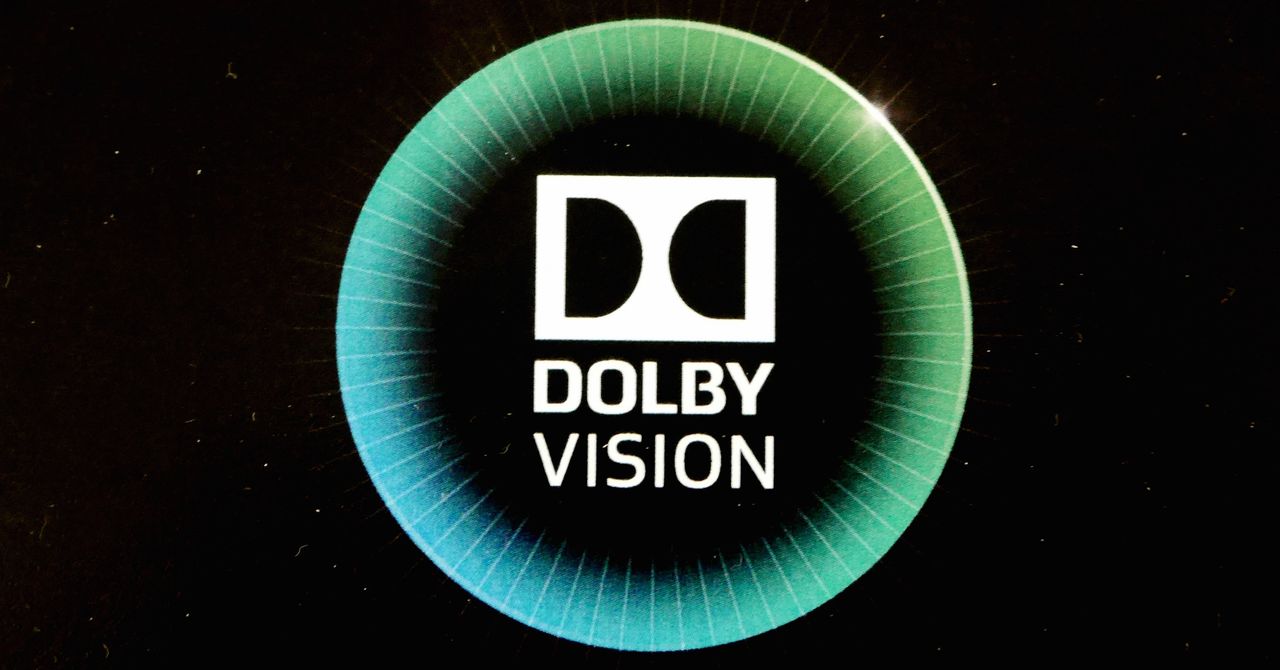
I woke up to somewhat disturbing news this morning. Facebook has begun to qualify what is considered offensive content. Now, I’ve been kind of critical of Facebook lately. But can you blame me? There have been numerous cases where some posts have gone too far. Including a sexual assault and the diatribe of a murder after he committed his crime. One would assume that after these kinds of scenario’s that Facebook would get it’s act together and come up with ways to prevent these kinds of things from happening. Well, they have, but the disturbing part is what is considered ok.
This information has been obtained by the Guardian as part of some “leak” known as the Facebook Files. It sounds kinda cryptic, but the information is quite interesting. Before I lean in too hard against Facebook, I should give them the benefit of the doubt. They are, after all, trying. But, in my opinion, they’re missing the mark in a very big way. And because they’re using human moderators, they need to develop guidelines to help them make proper decisions. Human moderators are likely better than machine moderators as they would be able to pick up on wording that might otherwise go unnoticed.
These guidelines define things like revenge porn. Something that the moderators see on a daily basis. So of course, this kind of thing needs to be defined. Why? Because a blanket statement like – no nudity – limits certain types of images being shown. For example, images of Holocaust victims being shown in concentration camps naked does not constitute porn, and nor should it. But if you say no nudity, then those types of images can’t be shown, and there may be a historical or cultural reason for sharing that kind of information. Facebook is defining revenge porn in the following way:

Are there any other instances when something might be considered revenge porn? I also wonder if the “produced in a private setting” should be qualified or explained in further detail. Or even removed altogether? I don’t want to get into it too much, but there might be times when where it’s produced isn’t necessarily relevant. So this is one area that Facebook might be doing the right thing, but they’re still missing the mark. Below is an image with examples of possible posts that a moderator might find on Facebook’s site. Beside the example is a green check mark or a red x. The red x means that it is not appropriate to have posted on the website. The green check mark means it is ok.

I should explain that these posts are a way to determine if violence is an issue. The first one is related to the current President. Head’s of State are considered off limits, so any kind of post related to a President that indicates violence will not be tolerated. However, it’s ok to kick a person with red hair.. or suggest that you’re going to “snap a bitch’s neck” and beat up fat kids. Those are ok? Those aren’t considered violent posts? Or posing a threat to someone. Perhaps the person posting is saying that they want to “kick a person with red hair” to be vague. But all their friends know who that person is. What do you think is going to happen Facebook?
This second list made me sick to my stomach. The internet is a horrible place. It is filled with hate speech and trolls. And why? Why do we have to hate so much? I guess that urks me more than Facebook’s lame attempt at stopping the behaviour. Just because you don’t like someone, or what they have to say, doesn’t mean you have to be purposefully cruel to them. The problem is that Facebook is only allowing it to happen. Perhaps I’m looking at the world through rose coloured glasses, but they’re almost an enabler in this.
I completely understand that there are some things that shouldn’t be censored, but I think they could do a better job of explaining what is acceptable and what isn’t. Why is it ok to target any person based on their appearance? If the person is horrible, and they do horrible things, then sure say what you need to say to them. But if you’re attacking someone because of the colour of their hair, you don’t deserve to be posting on Facebook. I’m sorry if that offends anyone, but it shouldn’t be tolerated by Facebook. The examples posted above directly speak to violence, but hate speech is a form of violence. It’s not physical, but it can hurt as well. I commend Facebook for trying to figure this out, but they need to get it together.



